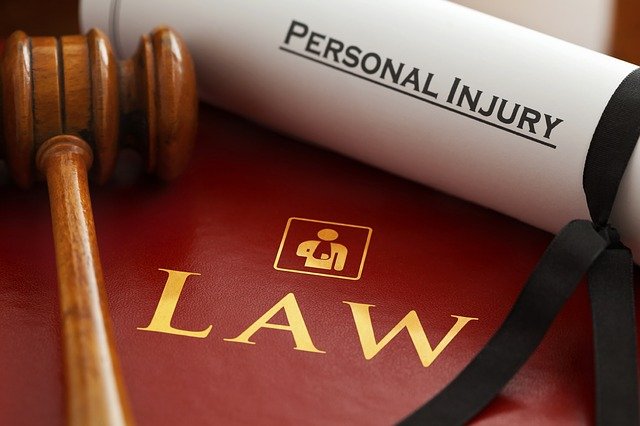Personal injury laws define how legal proceedings are conducted when a victim is injured due to no fault of their own. The laws determine what evidence is required to support the claim and prove the defendant liable for the injuries. Each case type defines all requirements to file a claim and seek compensation. By reviewing a guide on how to file, victims get the answers they need now.
Table of Contents
Where Do You Report Your Accident?
If the victim was injured by a doctor, they report their injuries to the state medical board and file a complaint. If they were injured in an auto accident, they contact law enforcement and report their accident to start an investigation. All criminal acts must be reported to the police, too. After sustaining an injury, the victim must determine the correct agency to report their accident or injuries. Victims who are filing an injury claim get started by determining their case type and reporting their injuries.
Why You Need Medical Assistance
When preparing for a legal claim, the victim must seek medical assistance and generate records of the injuries. A doctor may need to testify in their case to discuss their injuries and how the injuries affect the victim’s life.
Medical records can provide documentation of the injuries and determine the severity level of the injuries. If the victim doesn’t have medical records that provide details of their injuries, they won’t have medical evidence to substantiate a legal claim.
Are There Additional Steps in Your Case?
With auto accidents, the victim must try to file a claim through the at-fault driver’s insurance provider, and if the driver doesn’t have insurance, they need a record that shows that the driver received a citation after the accident for not having the required insurance.
When presenting a medical malpractice case, the victim needs another doctor to evaluate their injuries and generate new medical records. If the patient underwent corrective surgery, they need records to show all damage caused by the defendant.
In product liability cases, the product must be tested to show that the victim’s injuries could have occurred while using the product. They will also need to turn over the exact product they used.
A Review of Economic Losses
Most personal injury cases define economic losses as medical expenses, property damage expenses, and lost wages. If the victim cannot return to work, they can seek lifelong wages.
Under circumstances where the victim sustained permanent injuries or disability, they may have the opportunity to include tort claims. The tort claims could include mental anguish or pain and suffering.
Do Punitive Damages Apply in Your Case?
Punitive damages apply in cases such as medical malpractice claims. The court assigns punitive damages to punish the defendant for their actions through the civil court. The criminal court is the only option for convicting a defendant of a crime and penalize them via prison or jail time. In the civil court, the only available punishment is monetary. If a doctor injuries a patient, the court applies financial punishments for negligence.
Personal injury laws outline methods of seeking compensation from a defendant that caused the victim’s injuries. The case type determines if additional laws apply to the legal claim. When starting a legal claim, the victim must familiarize themselves with the laws and how the laws affect their claim. By hiring an attorney, the claimant receives advice about their case.


